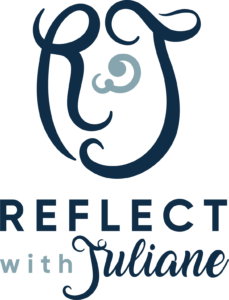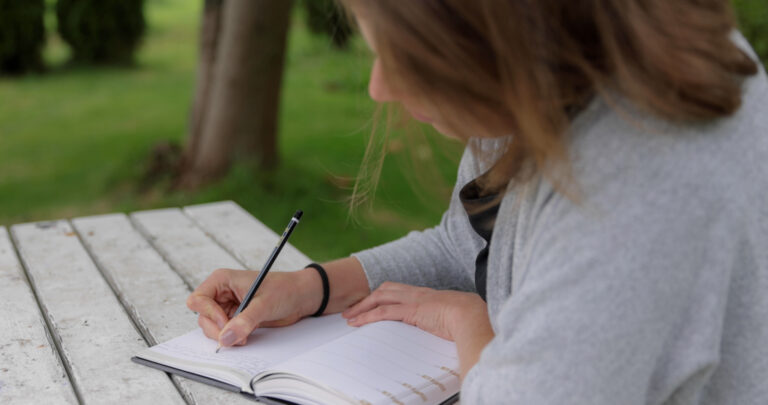Accepting that infidelity happens in loving relationships
The first step in dealing with infidelity is accepting the reality that it can happen in any relationship. Contrary to what many believe, cheating isn’t always a sign that love is gone or that the relationship is broken beyond repair. Prof. Dr. Ulrich Clement explores what happens if love is cheating on us in his famous book. And indeed, there are many different reasons for infidelity. As a couples counselor, I had to learn that it can be an escape from reality or perceived responsibility if our relationships are becoming more serious or demanding. I have also seen people cheating if they battle with a negative self image or to regain their confidence, especially if are struggling with failure, ageing or self-doubt. Cheating can also be a weird response to a perceived sense of dependence or vulnerability in their professional or personal lives.
Accepting that infidelity happens in loving relationships is an important first step. It doesn’t mean condoning the behavior—it simply means recognizing that love and betrayal can coexist. When both partners come to terms with this difficult truth, they can begin to approach the issue from a place of understanding rather than blame.
Taking accountability and rebuilding trust
For the partner who cheated, taking full accountability is crucial. This means acknowledging the hurt caused without making excuses or shifting blame. It’s easy to fall into defensiveness or come up with a million explanations why the cheating happened – however this is dangerous because it can sound like they are trying to find blame elsewhere – in their affair, the relationships or the partner. I fundamentally believe that it is most important in life what we do after we have wronged someone. And true accountability requires owning up to the choices made and their consequences.
In therapy, we create space for the deceived partner to raise any questions they have about their partner cheating – this is an incredibly painful experience for both partners, however, it is an important condition to rebuild trust in the relationship. At the same time, it is important to recognise that rebuilding trust also requires us to accept that our partners are not perfect and we will get hurt. I encourage my clients to learn to trust the good intentions of their partners but to accept that we are always vulnerable if we are in love or in a romantic relationship.
Understanding how you both got to this point
Infidelity is often the symptom of deeper issues. It’s essential for both partners to reflect on how the relationship got to this point. Was there a lack of communication? Unresolved conflicts? Emotional distance? Identifying these root causes can shed light on areas that need attention and improvement. This deep reflection can start honest conversations about what was lacking and what both partners need moving forward.
In this process is becomes important to understand the evolution of your relationship to the moment in which one of you cheated on the other. This can be a painful process because both partners have to understand and unpack their contribution to the dynamic – and contributing doesn’t mean being guilty and responsible. Rather it means that you have to understand your relationship at a deeper level to find out which change you need as a couple.
For the betrayed partner, this can be an opportunity to express feelings and unmet needs that may have been overlooked or minimised. For the cheating partner, it’s a chance to explore why they sought something outside the relationship instead of addressing it within. As couples counselors, we often speak about the closed doors and open windows that resulted in the cheating. We close doors in a relationship when we keep secrets from our partner or when we feel we can’t be open or honest with them. And often, we open doors to people outside the relationship at the same time. As we are keeping our deepest emotions and feelings from our partners, we often share them with other people outside the relationship. Understanding this process can help us to stay closer connected to our partner.
Making amends and plan the way forward
Apologies are essential, but making amends goes beyond words. The partner who cheated must show consistent actions that reflect their commitment to repairing the damage. This might include setting new boundaries, being transparent about their whereabouts, or attending counseling together. The betrayed partner, meanwhile, will need time and patience to process their emotions, and it’s essential that they feel supported in their healing journey.
Both partners must understand that making amends is a long-term process, and rebuilding trust takes time. Forgiveness may come eventually, but it’s never something to be rushed or forced.
Plan the way forward
Once accountability has been taken and the root causes of infidelity have been explored, it’s time to plan for the future. What steps can be taken to ensure both partners feel heard, valued, and secure moving forward? This could involve professional counseling, individual growth, or renewed commitments to open communication.
Setting clear goals and expectations for the relationship’s future can help both partners feel empowered to move forward together. This plan should be flexible, allowing for setbacks and continuous effort, but having a roadmap can provide clarity during a time of emotional chaos.
Rebuilding After Betrayal
Healing from infidelity is a difficult process, but it’s not impossible. For couples willing to put in the work, cheating can become a catalyst for positive change, opening up deeper communication, emotional connection, and mutual understanding. Like Esther Perel once said about an affair “No more than I would recommend cancer and yet a lot of people finally understand the value of life when they get sick.” Couples therapy can guide you through the important steps to create a new, healthier and more vulnerable relationship.




